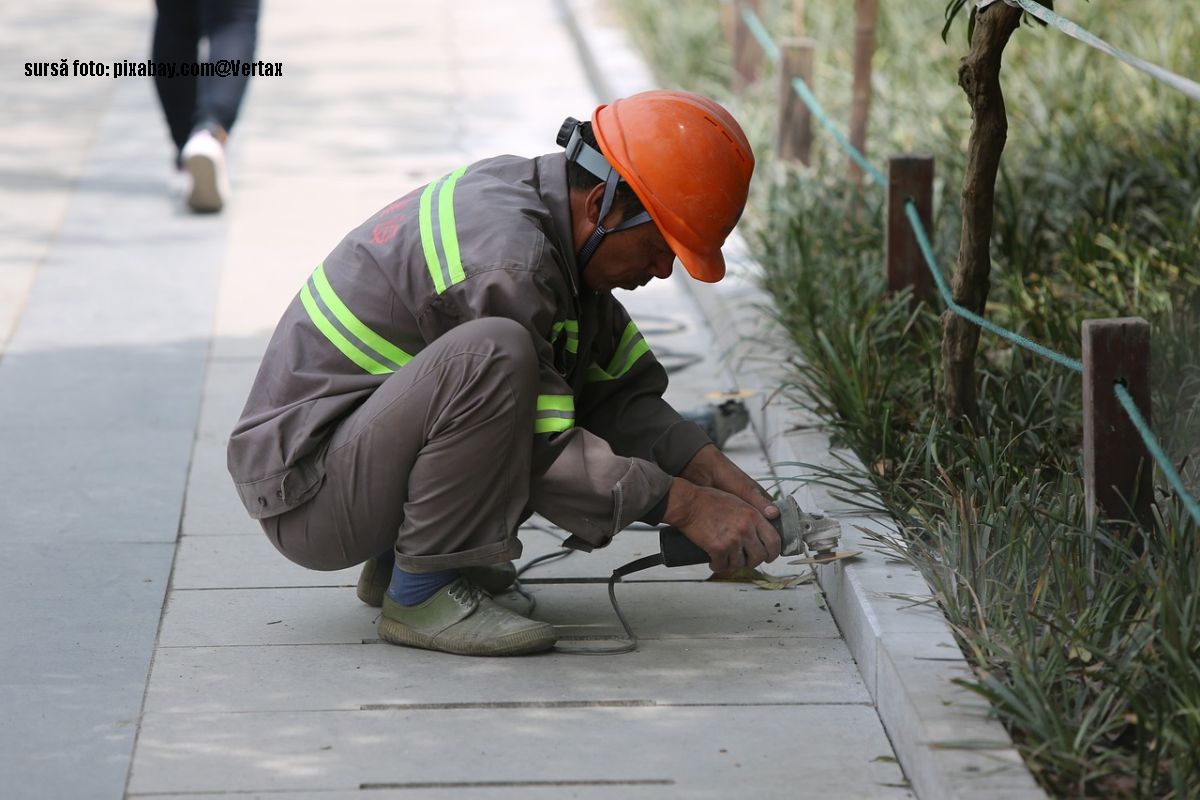Education in Romania and International Evaluation
By means of the PISA evaluation programme conducted last year, the Romanian society had the opportunity to compare the level of knowledge and training of the Romanian students with that of the students from 64 countries around the world.
Christine Leșcu, 29.01.2014, 14:00
The Programme for International Student Assessment, in short PISA, has been applied since 2000, once every three years, in order to assess the competence of 15 year old students in three key subject matters: mathematics, reading and science. All the 34 members of the Organisation for Economic Cooperation and Development- OECD, as well as 31 partner countries, accounting for more that 80% of the world economy, participated in the 2012 PISA evaluation programme.
The results obtained were not encouraging though, either for the authorities or for the parents involved. 40% of the Romanian students were assessed as having poor results and only 3.2 % were evaluated as very good. The result placed Romania 45th in a ranking of all 65 countries participating in the evaluation. Referring to the results obtained by the Romanian students, Education Minister Remus Pricopie told us the following.
Remus Pricopie: ”To put it simply, we obtained poor results in the assessment. For the sake of explanation, one also should notice that we continue to be under the EU average, and many students, after 8 years of school, are still unable to meet medium standards in maths, reading and science. However, for the sake of objectivity, we have to admit that small progress has been made though. As compared to the 2009 PISA evaluation, Romania went up by 4 points in the general classification and that’s good news.”
In an attempt to explain these poor results, Minister Pricopie has referred to the ways in which Romanian students are tested as well as to the subject matters taught in school: ”We have two possible explanations for the students’ poor performances. First, they aren’t taught what they need to be taught during classes. The second explanation is related to the examination methodology. We do not assess the way in which students accumulate knowledge, and if we do, we do it superficially. Students are often over-evaluated by teachers, and thus parents are misled by the marks their children get in school. For this reason we have introduced various forms of assessing students’ knowledge in the 2nd, 4th, and 6th grades in order to get a clear picture of their true level of knowledge and be able to operate the necessary corrections in due time.”
For this reason the plan is that the tests for Romanian students should be similar to the PISA tests, that are cross-disciplinary, something that Romanian students are not used to. Moreover, the school curriculum will also be revised and actions in this respect have already started. Ciprian Ciucu, an education expert with the Romanian Center for European Policies tells us more about the current curriculum, seen as one of the reasons for the students’ poor results:
Ciprian Ciucu: “Our school curriculum has not been updated. The current version is outdated although European funds have been spent to adjust it. The normal cycle of changing a curriculum is one in every two generations, so once in about 8 years. The latest curriculum revision, which targeted more its goals than its content, took place in the late 1990s and the early 2000s. The changes brought to it were only partial because a radical change was planned for later. And that has never happened.”
Another important aspect highlighted by the PISA tests refers to motivation. The Romanian students’ level of motivation is the lowest of all countries assessed. An obvious question, in this case, is whether the reason for this situation should be identified outside the education system.
Education Minister Remus Pricopie: “Motivation is found not only in school, but from all our daily activities. There are many children who give up school because they don’t see its point. As for the teachers, there is indeed a connection between the level of implication in doing their job and the respect they get from society, which mirrors in their salary level. It’s not enough to receive a good salary, the atmosphere in school is equally important.”
According to Ciprian Ciucu, the students’ lack of motivation mirrors teachers’ lack of motivation, which, in its turn, cannot be explained without a thorough evaluation of the system itself: “Education is tightly linked to motivation, and children must be taught what motivation is. It’s teachers’ job to motivate children and arouse their interest. On the other hand, teachers themselves lack motivation, as their status is nothing like it used to be. Being a teacher is not a big deal anymore and few people choose this career today. The best university graduates avoid working in education. They leave the country or opt for different jobs in the public and private systems. So there are few options left when it comes to recruiting university graduates to work as teachers and obviously, the best of them can never be found in the education system. This phenomenon is not common only in Romania, but in other European countries as well. “
Radical change is thus needed from both government authorities and civil society, to thoroughly change the education system and help it regain its past prestige and effectiveness.






























